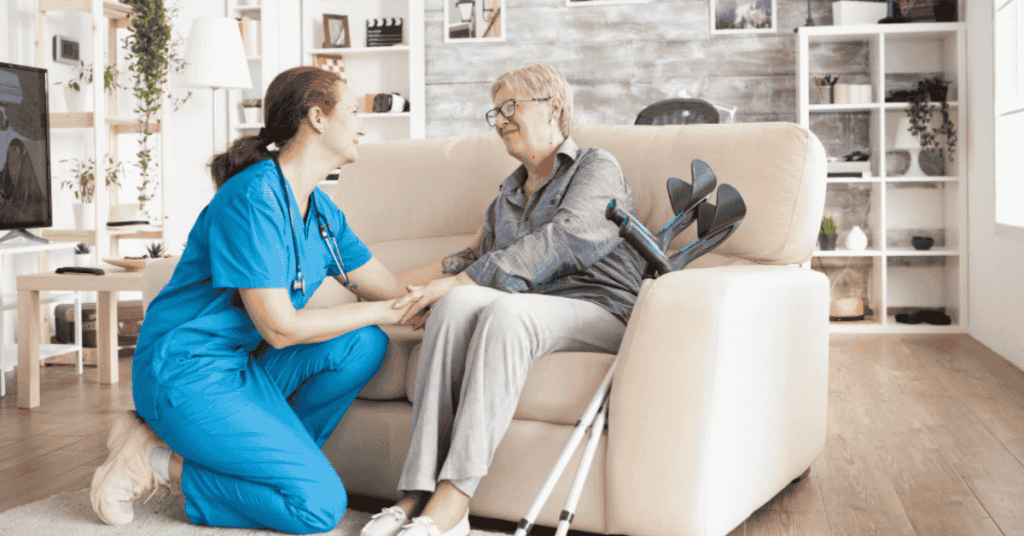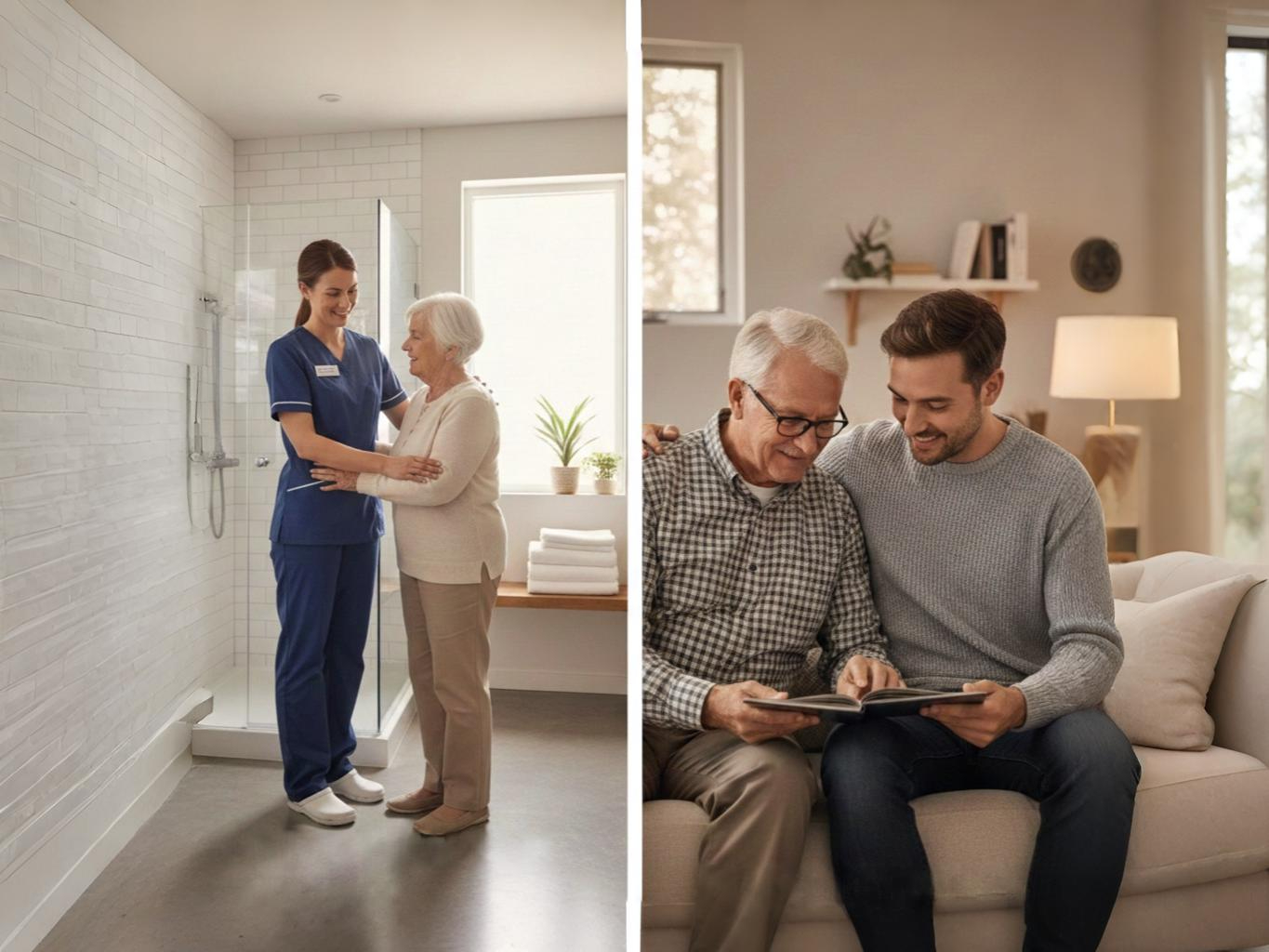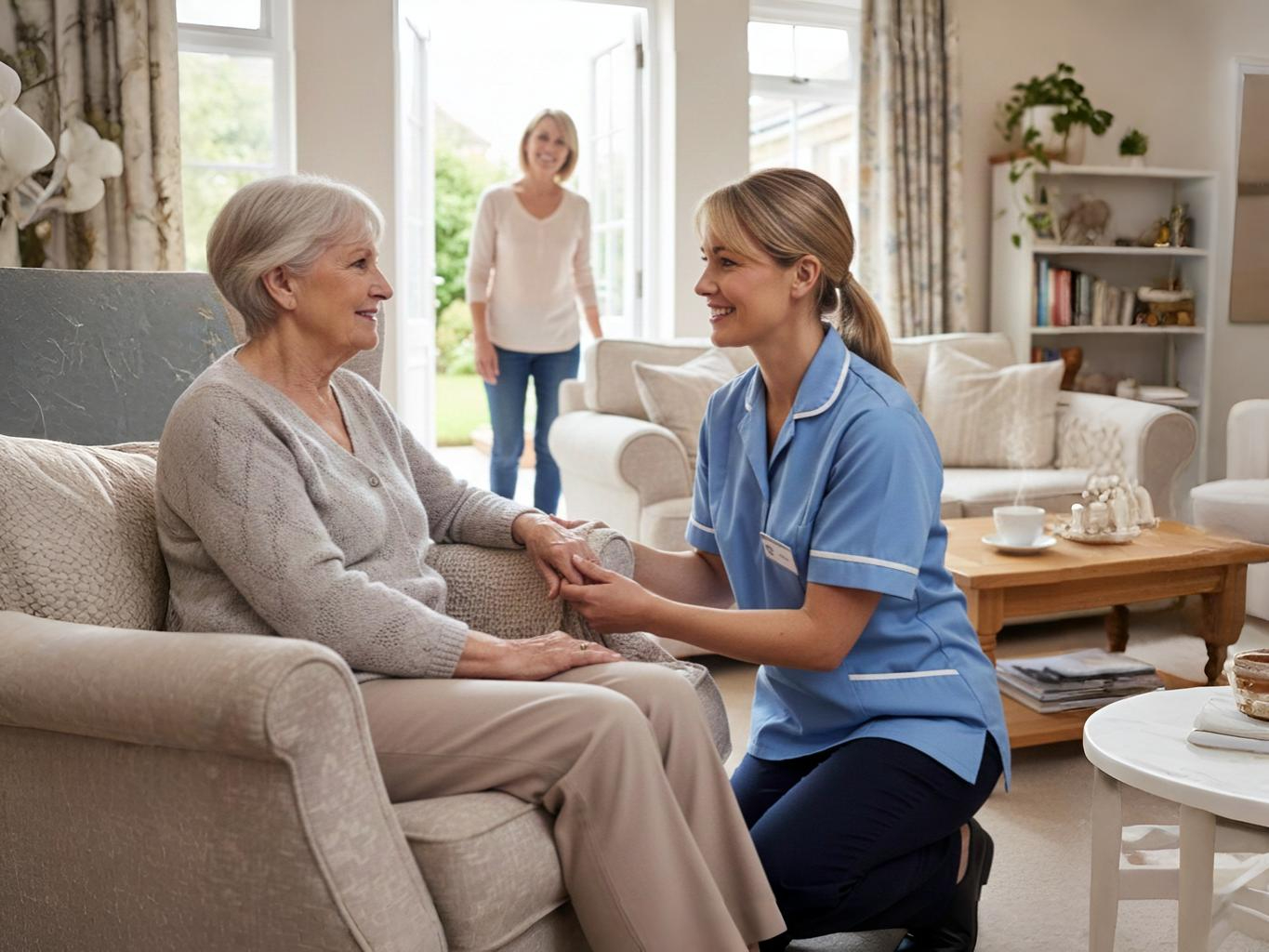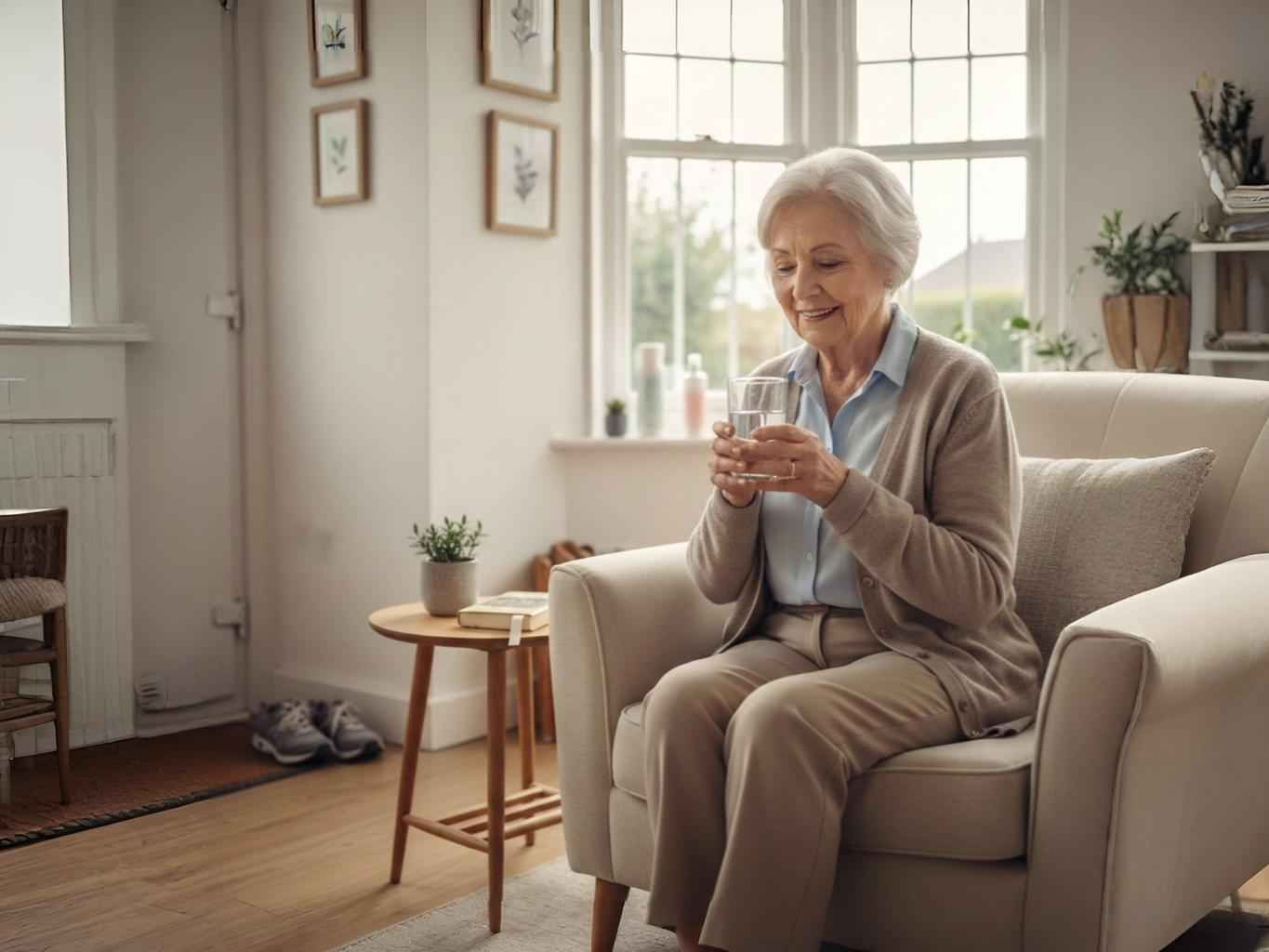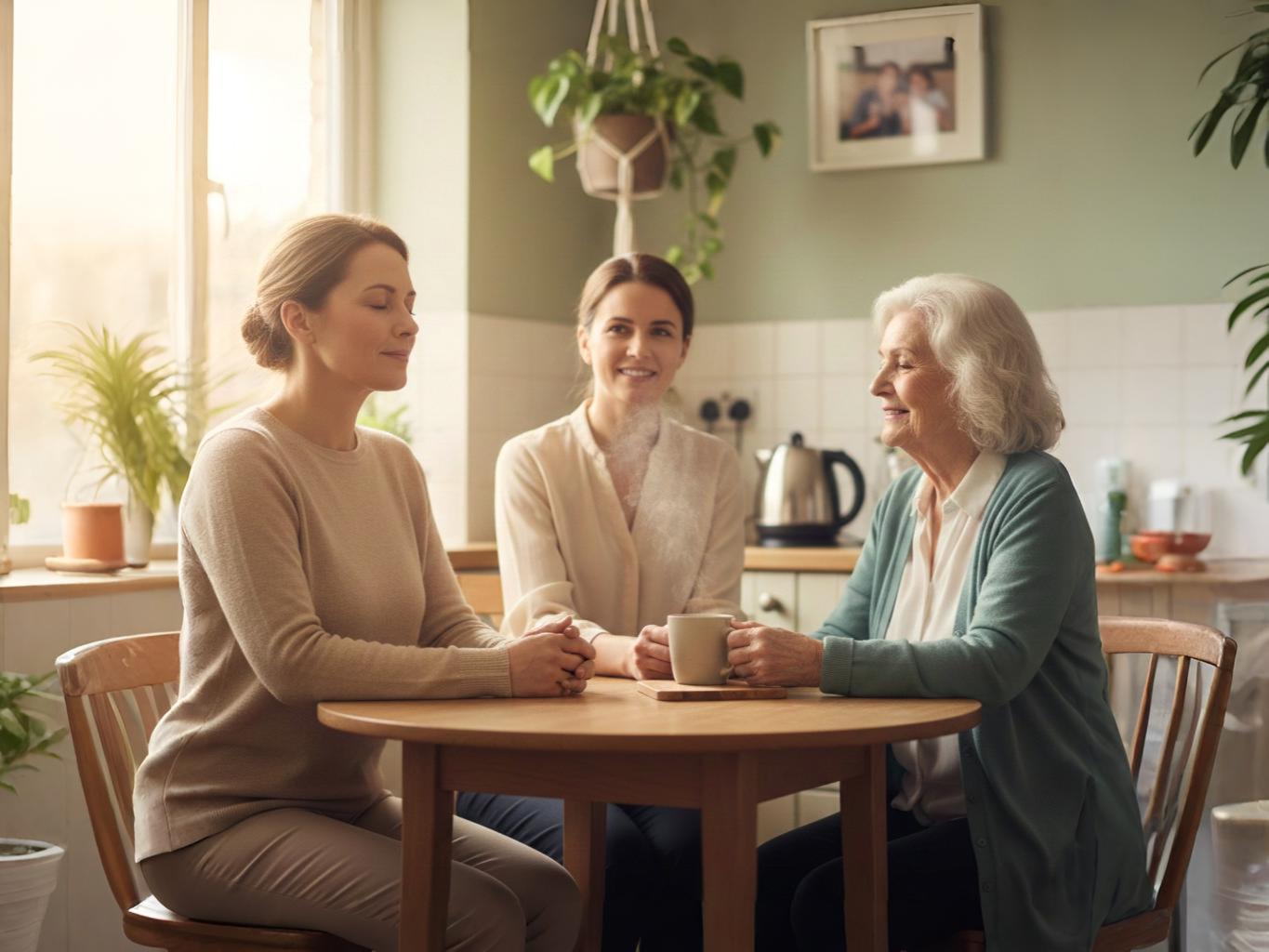When a loved one starts needing extra help at home, families often wonder: Who can provide that care and energy every day? One answer is a personal care attendant (PCA). These carers support people with daily tasks, offer companionship, and help them live safely in their own homes.
But being a PCA isn’t just about “doing a job.” It’s about building trust, bringing comfort, and making sure someone feels valued as a person. For many families, this role brings peace of mind, knowing their loved one is safe and cared for with respect and dignity.
What is a Personal Care Attendant?
But who actually is a home care assistant? he/she is a trained individual who helps and cares for people in need with respect and dignity. They help with their everyday needs with responsibilities. They support:
- Older individuals who want to stay at home.
- People living with long term health or mental conditions.
- Those recovering from illness or surgery.
- Anyone who needs daily support to remain independent.
Unlike nurses, these do not provide complex medical care or treatment. Their main focus is personal care, safety, and companionship.
The Role of a Personal Care Attendant
Every client is different, each has different needs and wants. However, most PCAs provide support in these areas.
1. Personal Care Support for Daily Living
A personal care attendant (PCA) covers the essentials of daily living. They will assist with washing, bathing, and other self grooming activities. They also help with dressing and preparing their medicines for the day. They basically make the best out of the day fulfilling their responsibilities , keeping company and helping the client to look fit, clean and confident throughout their day.
2. Medication Reminders
A PCA helps clients stay on track with their medicines by gently reminding them at the right time. They don’t prescribe or change medications. This simple support keeps routines consistent, reduces missed doses, and provides peace of mind for both clients and families.
3. Meal Preparation and Eating Assistance
A healthy balanced diet is essential for the client regardless of what the doctor has prescribed. A healthy diet plays a significant role in staying fit. PCAs may prepare simple, healthy meals that meet dietary needs. For those who can eat themselves, PCAs can also assist them to ensure that mealtimes are safe and enjoyable.
4. Support for Everyday Mobility
Keeping clients safe and active is very important. Personal attendants can help with walking, moving from bed to chair, or using mobility aids correctly. By helping in these activities, they not only decrease the risk of falls but assist in movement necessary for a healthy life.
5. Companionship
It’s not just about reminding medicines and helping with daily taste. Rather it is much more. It’s about moral support and companionship. PCAs are also human; they communicate with the client and make the client feel comfortable. They help them feel fulfilled, well taken care of and less lonely. Feeling less lonely increases the rate of healing especially in those who live alone.
6. Household Support
Taking care of daily chores can be tiring, especially for older adults and those with health related conditions. Sometimes a PCA can help with light cleaning, laundry, and keeping the home tidy. They may also handle running errands if needed, easing the pressure on both clients and their families.
7. Transport and Appointments
Sometimes spending long hours indoors can be hazardous for your mental and physical health. And one cant get enough of it staying indoors. Attendants often accompany clients to social activities, or community events, even medical visits if necessary.
The Human Side of an In-Home Care
Care is not just about tasks. A PCA often becomes a trusted companion. They learn routines, listen to stories, and build bonds that bring comfort. The right support allows people to stay in control of their lives. Instead of feeling dependent, many clients feel more confident knowing help is always there when needed.
The Impact of a Personal Care Attendant on Families
A personal care attendant not only provides relief to the client but also to the client’s family. For some people, leaving their beloved parents or family members at an old age is not an option. They juggle with personal work, their children, and many demanding activities. Therefore, having a trusted person in place brings balance back into family life. Here are a few of the positive impacts that a personal attendant may have on the family.
Peace of Mind
Knowing that their loved one is safe and well taken care of reduces their stress and gives them peace of mind especially if they live far from the attendee.
Relief for Family Carers
Looking after someone with special needs can sometimes lead to burnout. Therefore, personal care gives family carers time to rest, work, and focus on their personal life.
Strengthening Family Relationships
Moreover, hiring a professional can strengthen the family bonds as they can spend more quality time together, enjoying moments instead of only managing responsibilities.
Who is the Right care Companion?
The right care companion isn’t a person that just ticks all the skill boxes, rather families opt for someone that is genuinely caring, compassionate and trustworthy. A personal care attendant can make a real difference, here are some key qualities to look for:
Qualities to Look For
A good carer should bring more than skills; they should bring heart. The following qualities are essential:
- Patience: A good carer knows that some days are harder than others, therefore they must deal with patience, and provide services calmly without rushing or showing frustration.
- Respect: Respect is irrespective of age and gender or in this case health. A respectful care companion values the individual’s choices and taste.
- Reliability: Reliability means being punctual, valuing commitments, and providing consistent care with passion.
- Compassion: one must be committed to their taste and responsibilities.
Training and Safety
Skills and checks are just as important as personality. Always make sure your social workers have:
- Background checks.
- adequate training in safety and first aid.
- Ongoing support from a trusted care provider.
Best Personal Care Attendants in Nottingham
If you’re based in Nottingham, Bridgegate Care can help. Our trained in-house carers provide support with daily living tasks such as washing, dressing, and meal preparation, while also offering companionship to make sure no one feels alone.
For those who need more consistent help, we also provide live-in care and respite care options, giving families flexibility and peace of mind. We believe care should always be flexible, compassionate, and designed around the person, not the other way around.
Conclusion
A personal attendant is an all rounder; they do much more than routine work. They bring comfort, independence, and peace of mind to the table. They come as a relief and reassurance for the individuals as well as their families. If you’re exploring personal care services in Nottingham, Bridgegate Care is here to help. Our team is ready to guide you and answer your questions.
FAQs
1. What Does a Personal Care Assistant Do?
They provide life skills training such as meal preparation, housekeeping, personal care skills and personal finance and implements personal service plans. They also assist clients with daily activities like feeding, lifts, transfers, hygiene, grooming and toileting.
2. What Makes a Good Personal Care Assistant?
A Personal Care Assistant has to respect a client’s cultural, religious, personal values and customs. They must be educated about the client’s individual needs and views.
3. What is Home Care for Disabled Adults?
Home Care for Disabled Adults plays a crucial role in enhancing the quality of life for individuals with disabilities by providing tailored support in the comfort of their own homes.
4. Do You Need a Personal Care Assistant?
Yes. If you have difficulty with daily living activities, like, they may struggle with daily tasks such as bathing, dressing, grooming, and toileting.

